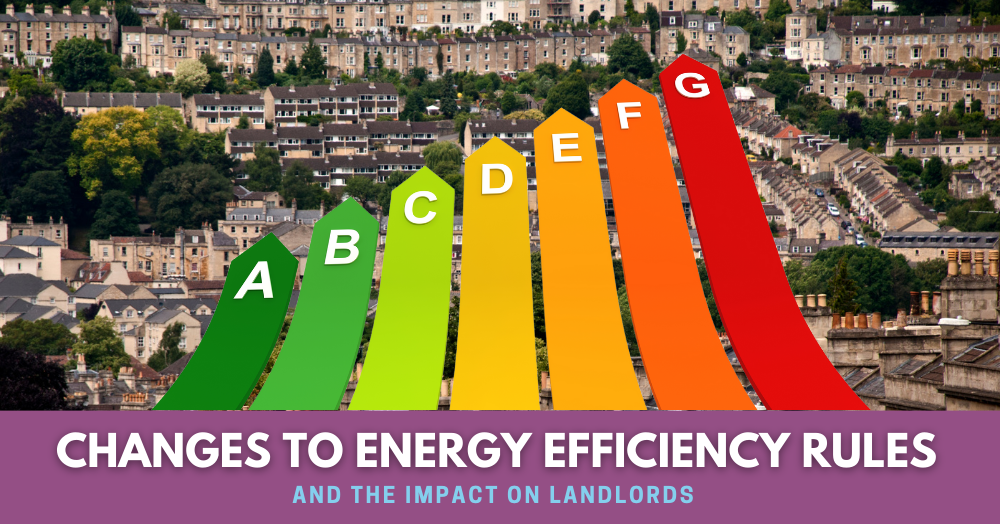
In recent years, landlords have grappled with a myriad of changes, encompassing tax reforms, rental regulations, and stringent energy efficiency mandates. The landscape of property rental has grown increasingly intricate and costly. However, in the wake of the latest governmental announcements, is there a ray of optimism for this sector?
Prime Minister Rishi Sunak made a noteworthy decision last week when he shelved the contentious and financially burdensome plans aimed at achieving enhanced EPC (Energy Performance Certificate) targets by 2025.
So, what does this development signify for property investors and tenants alike?
In this concise examination, we delve into the implications of these changes.
What’s the backstory?
As part of the broader “Net Zero by 2050” initiative, the government had set its sights on achieving a 68% reduction in carbon emissions by 2030, through a series of comprehensive reforms. One pivotal requirement was for all rental properties to elevate their EPC ratings to a minimum of ‘C’ by 2025, alongside measures such as the prohibition of gas boilers in new construction.
The affordability of energy efficiency enhancements, such as double glazing, heat pumps, and increased insulation, has been a major source of concern for many landlords. Consequently, this has led to a shift in property investment choices and even some landlords exiting the rental market altogether.
What’s the latest?
The government has opted to discard these proposed reforms in favor of a “more pragmatic, proportionate, and realistic approach.”
Acknowledging the ongoing cost-of-living challenges faced by many, the government recognized that imposing significant changes within a two-year timeframe would place undue strain on those already struggling to meet their daily expenses.
Impact on tenants
Initially, there were concerns that the proposed reforms might result in rent hikes, as landlords sought to cover the expenses incurred in meeting the new standards. There were also worries that properties would need to remain vacant for an extended period to facilitate the required modifications. With the recent news, however, these concerns have subsided.
What do these changes imply for landlords?
With the two-year deadline now off the table, landlords may find a temporary respite in their obligations.
Nevertheless, this should not translate into a disregard for energy efficiency measures altogether.
The reduction of carbon emissions remains a steadfast governmental agenda, and it should continue to be a priority for all stakeholders, particularly landlords.
Modifications related to gas utilisation and boiler requirements could still be implemented, albeit potentially at a later date.
For comprehensive guidance on energy efficiency measures and their impact on your rental investments, consulting with an experienced letting agent is a prudent course of action.
They remain abreast of all policy alterations and can assist you in preparing for whatever changes may lie ahead.
If you are a landlord seeking advice or have a property available for rent, please don’t hesitate to reach out to us—we are here to assist you.



